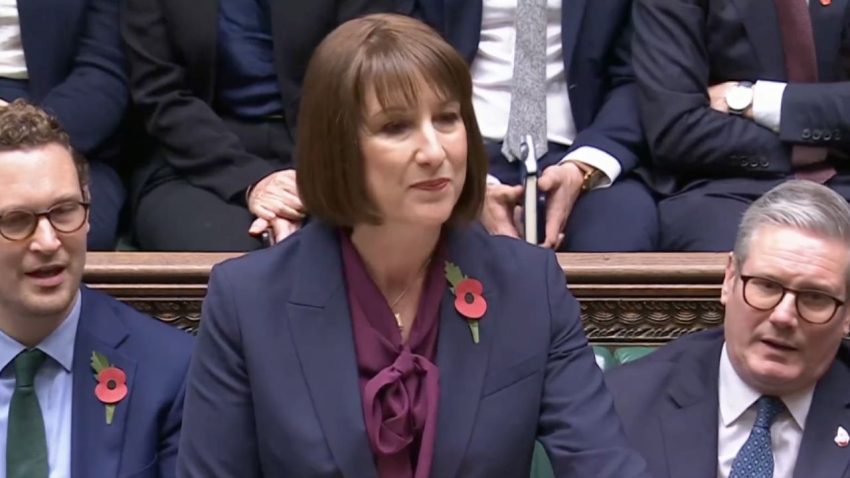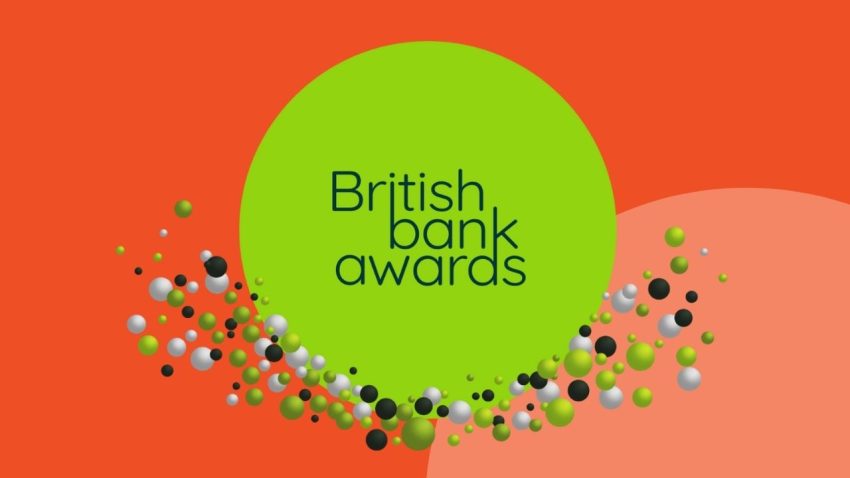It took a little over an hour to deliver, but has left millions of people better or worse off for years to come.
So who are the winners, and who are the losers from Rachel Reeves’ 2025 Budget? We take a look…
Some articles on the site contain affiliate links, which provide a small commission to help fund our work. However, they won’t affect the price you pay or our editorial independence. Read more here.
Winners – Poorer parents
There were a few helping hands offered to parents of school-age children. The big news was the ending of the two-child benefit cap, affecting 1.7million children in the UK, from April 2026.
That’s on top of the 500,000 increase in free school meals; free breakfast clubs for pre-schoolers and this year’s increase to offer 30-hours free childcare for children aged between 9 months and 4 years of age.
If you meet income and working status requirements that is.
Losers – Latte lovers
A cup of Starbucks Caffe Latte Iced Coffee can be a lovely thing to pick up at a supermarket or corner shop. It also has 8.2g of sugar per 100ml.
That means, following plans announced by the Chancellor, it will either have to basically halve its sugar content or have tax added to it from January 1st 2028.
The same is true for mochas, milkshakes, yoghurt drinks and any other milk-based drink that has more than 4.5g of sugar per 100ml.
Previously milk-based drinks had been exempted from the sugar tax.
Get the best of our money saving content every Monday & Thursday, straight to your inbox
Plus, new Quidco customers get a top paying £20 welcome offer

Winners – State pensioners
There were a number of measures announced to try and make life more affordable for people on the state pension.
The most obvious was the 4.8% rise in the basic state pension, well above the current 3.6% rise in the cost of living. It will add £570 a year to people receiving the full new state pension.
Over 65s were also exempted from the new £12,000 cash ISA limits – meaning they’ll keep their full £20,000 allowance – and there was an expansion of the £150 warm home discount.
Losers – Pension savers
While people receiving their state pension will get a boost, those currently saving for their own retirements will be hit.
Currently, you can put up to £60,000 a year – or your annual salary – from your earnings into a pension before it’s taxed. That means you save income tax and national insurance.
That amount that is exempt from national insurance has been slashed to £2,000 a year – adding an estimated £4.7 billion to the Treasury’s coffers.

Winners – Season ticket holders
The cost of regulated train fares – which includes most season tickets – will be frozen for the first time in 30 years.
It’s a small bit of good news for people who travel to work by rail, after seemingly decades of above-inflation hikes.
Losers – Cash savers
People who like keeping their savings in cash can hide £20,000 of it a year from HMRC in a cash ISA. Not for much longer though, from April 2027, that amount will be cut to £12,000.
Worse, income you earn outside of ISAs will see the tax applied to it rise by two percentage points. Meaning after the personal savings allowance of £1,000 for basic rate taxpayers and £500 for higher rate taxpayers you’ll lose 22%, 42% or 47% of your interest – depending on your income tax band.
 Featured switching deal
Featured switching deal
 Customer rating
3.8/5
Customer rating
3.8/5
- Switch bonus£200
- Offer endsUnknown
- Extra bonus£25 Amazon Gift Card
- FSCS Protected? Yes
- Switch bonus requirements Switch using the Current Account Switch Service and close your old account within 60 days of starting the switch
- Deposit requirements Deposit £1,500 in the first 60 days from opening the account
- Direct debits transferred over Set up two Direct Debits before or after the switch from a selected list of household bills
- Existing customers? Can't have held any Santander current account on 1 January 2025
- Restrictions Can't have received a switching bonus from Santander already, offer limited to once per person
- Eligible accounts Open a new or hold an existing Everyday, Edge, Edge Up or Edge Explorer current account
- £25 Amazon Gift Card requirements To qualify for the gift card, you need to complete a full switch using CASS, and make five debit card transactions within 30 days of opening the account
Winners – Bingo players
Bingo duty is being removed entirely from 2026 – although extra tax will apply to online gamblers.
Remote gaming duty will rise to to 40% from 1 April 2026, while a new remote betting rate of 25% is coming – excluding self-service betting terminals, spread betting, pool betting and UK horseracing – from 1 April 2027.
There’s no change to gambling taxes for people gambling in person.
Losers – Electric car drivers
Since 2011, fuel duty has been frozen, while electric cars have escaped taxes on petrol and diesel entirely.
But, because electric cars contribute to wear and tear of the roads, there’s a new 3p a mile tax being added for drivers of electric cars, while drivers of hybrid vehicles will see a 1.5p a mile tax applied.
Winners – Swings and roundabouts
There’s a new £18 million fund to renovate 200 public playgrounds in England.
Losers – Landlords and property millionaires
A new tax rate will apply to landlords and people owning homes worth more than £2 million.
From April 2028 onwards, properties valued at more than £2 million will be hit by an annual charge that’s added on top of existing council tax bills. There will be four price bands: starting at £2,500 for properties valued between £2 million and £2.5 million rising to £7,500 a year for properties valued at £5 million or more.
Meanwhile, landlords will see an extra 2 percentage points added to income tax for money made from properties. That will take rates to 22%, 42% and 47% depending on how much income is generated a year.





